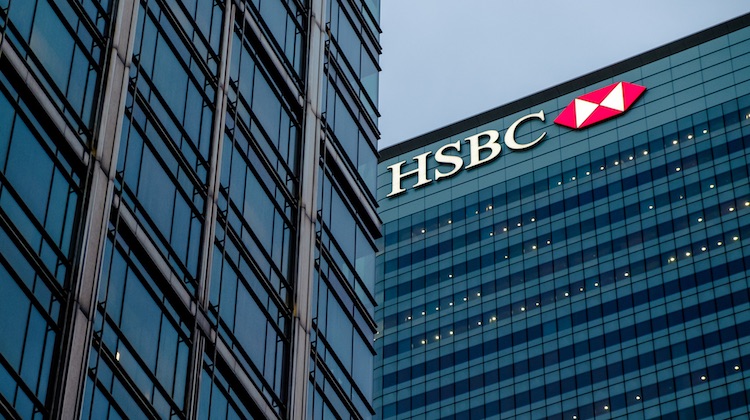The Customer Effect
Competition in PFM market heats up as HSBC gears up to launch ‘Beta’
- HSBC took a major step into the PFM space by announcing a beta app that offers a dashboard of all accounts along with personal finance insights and advice.
- HSBC's foray into PFM ups the game for startups in the space, adding pressure on them to differentiate themselves from banks offering similar services.








